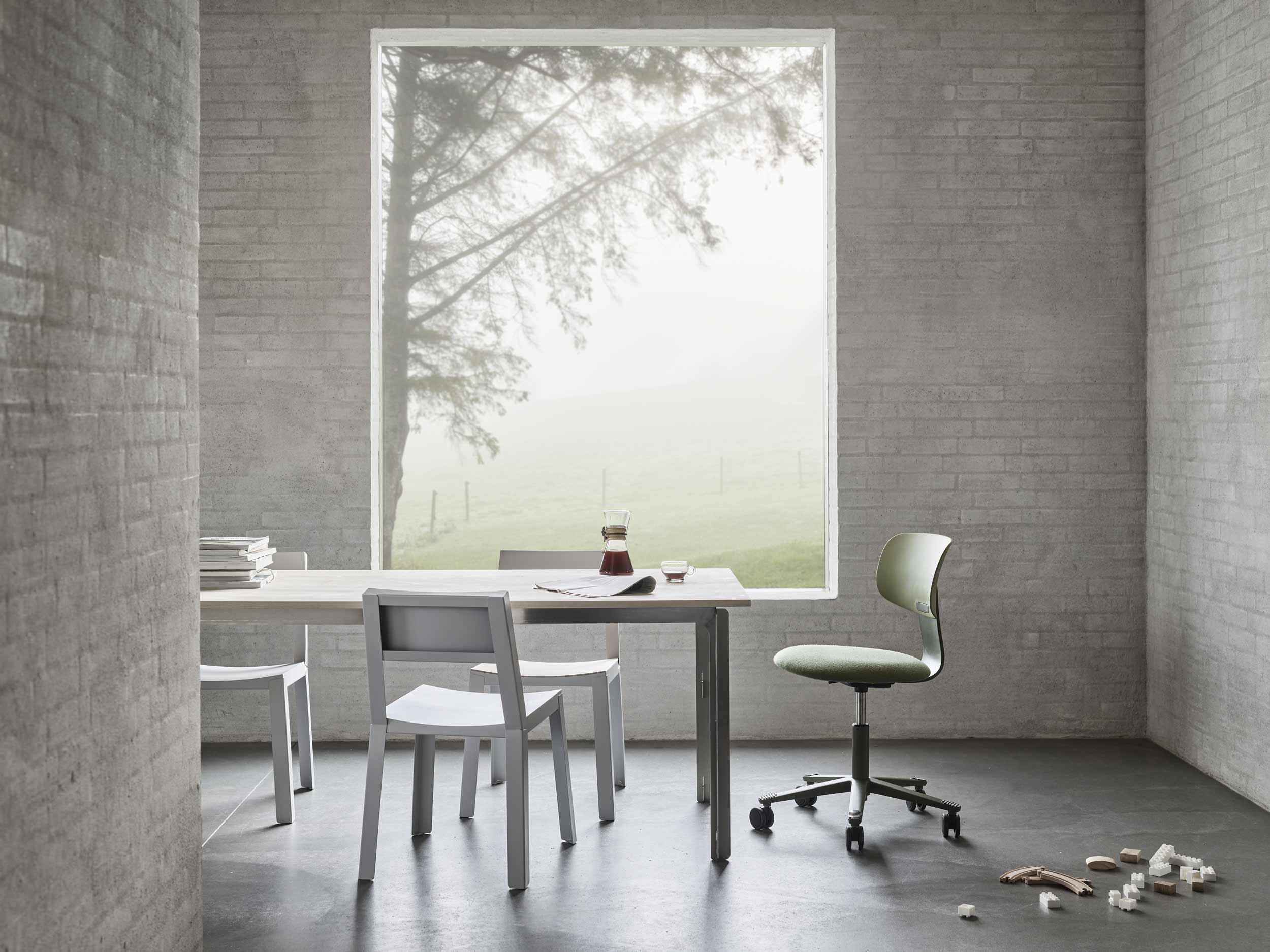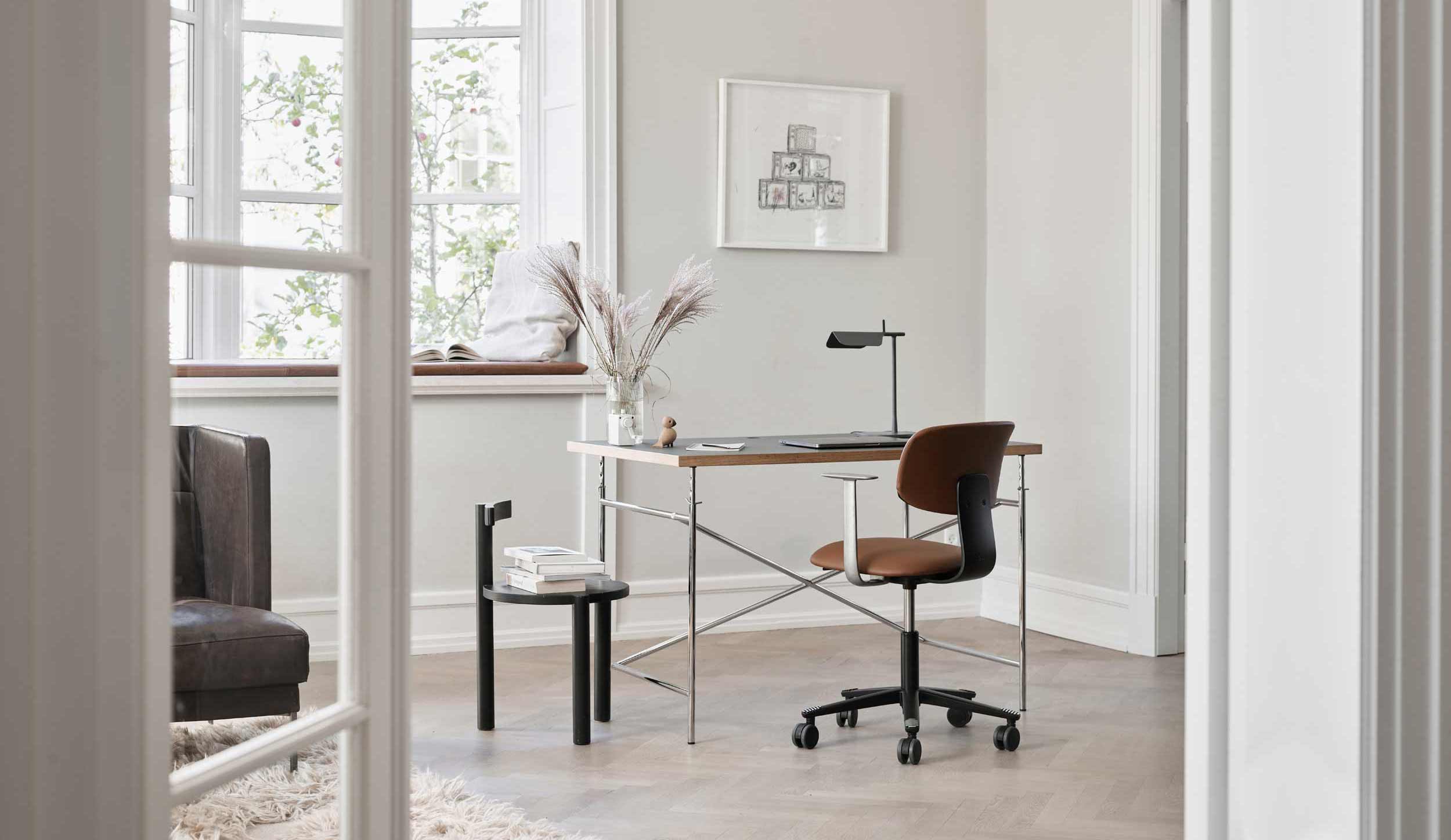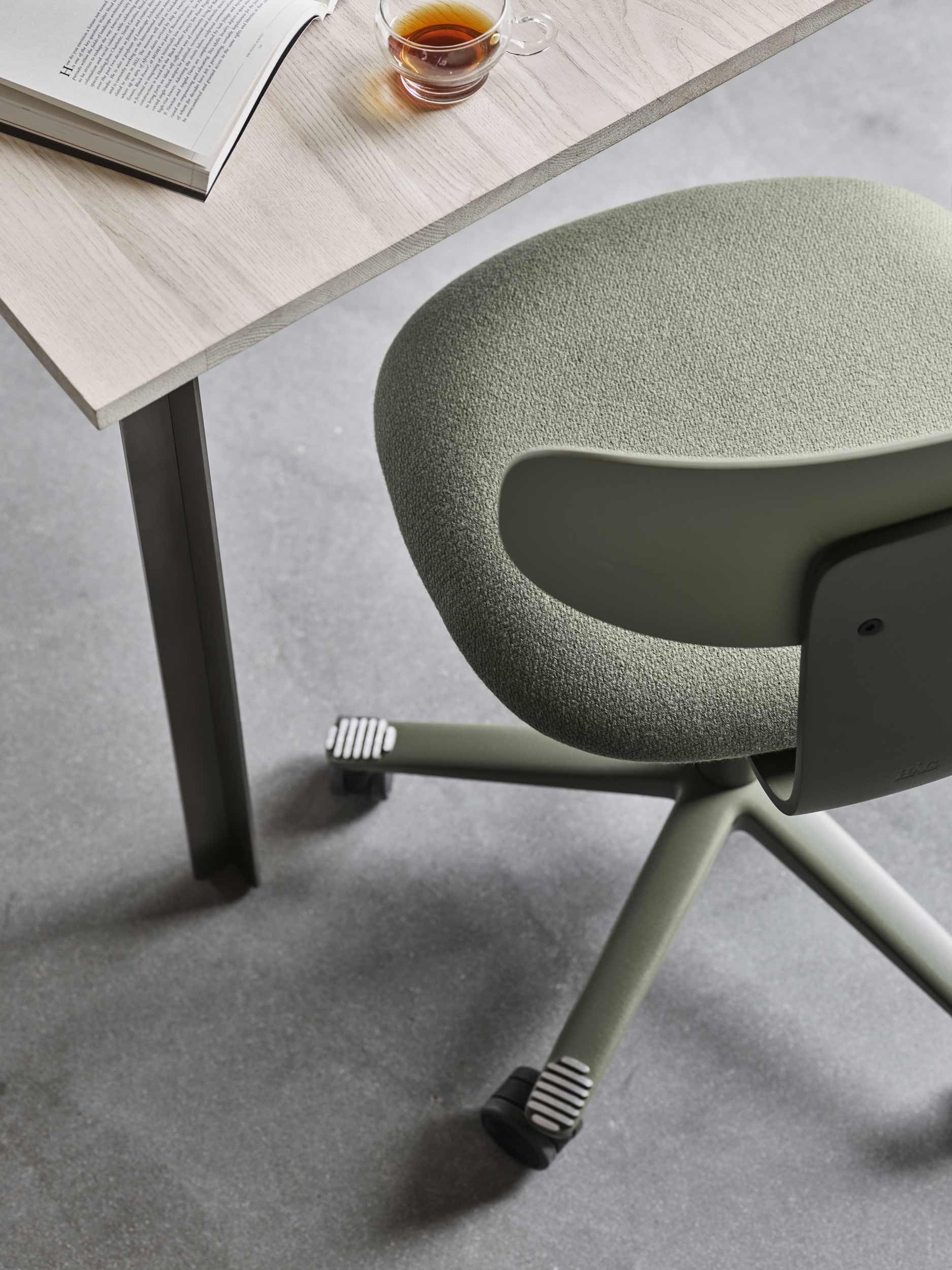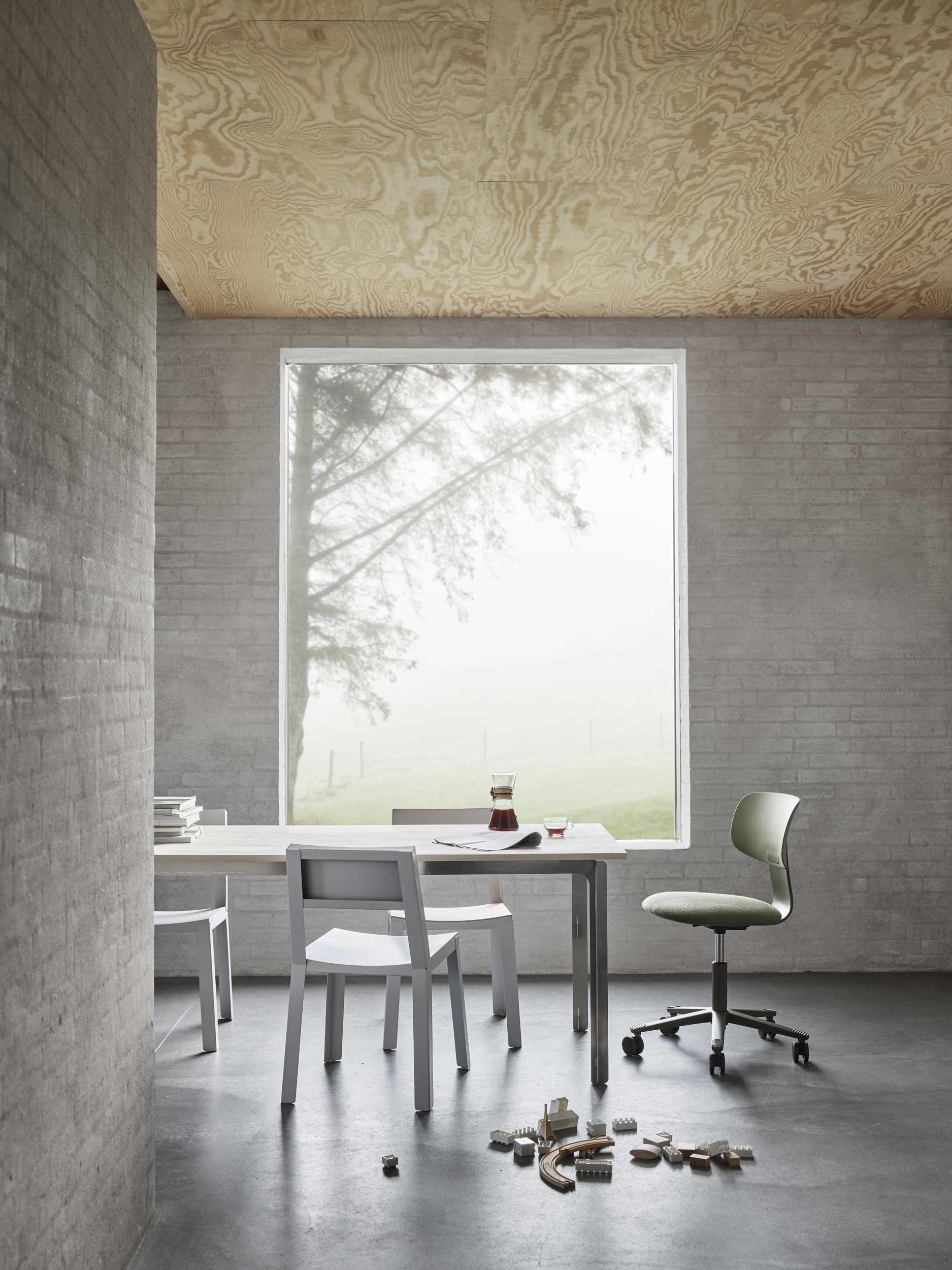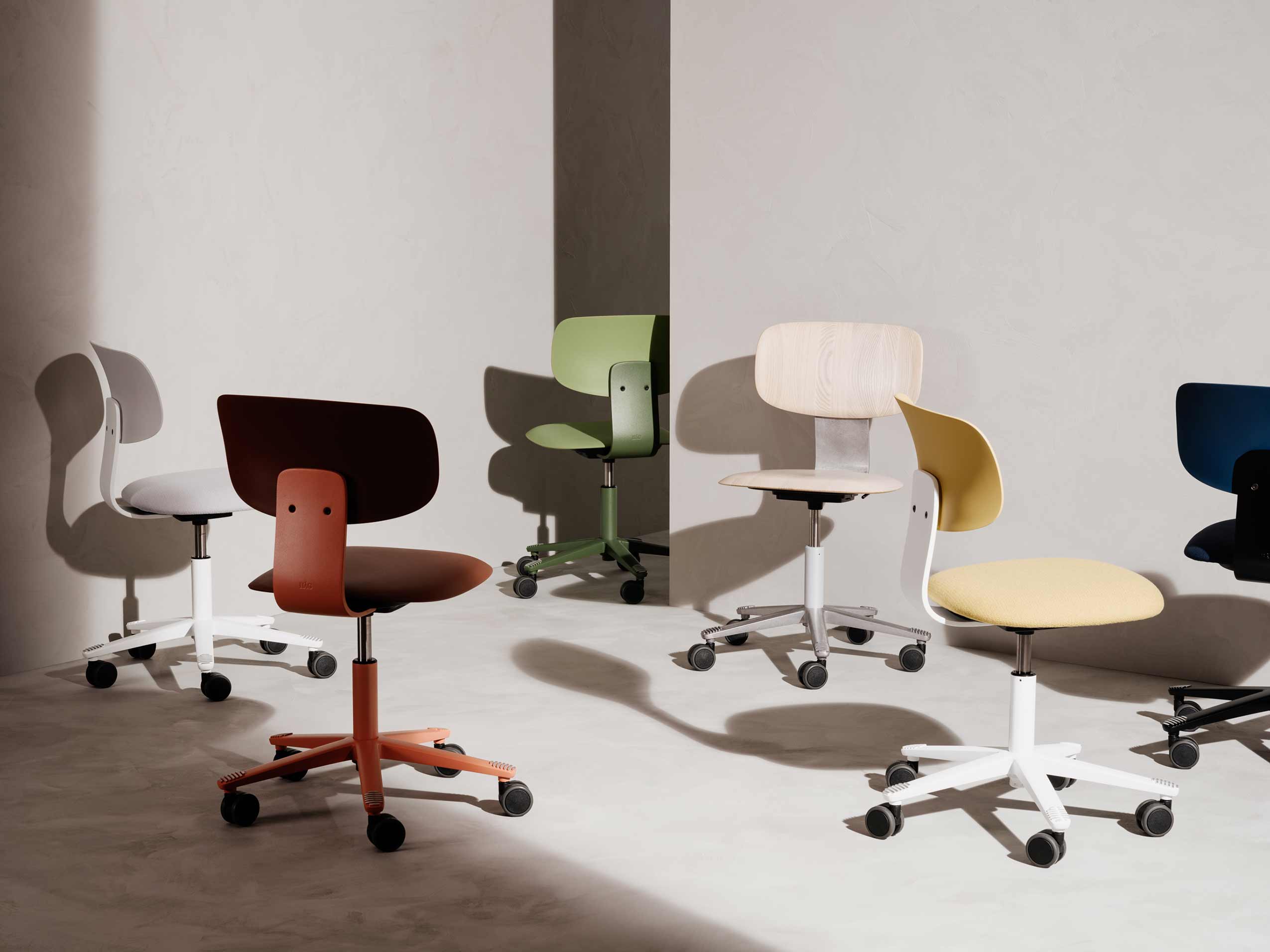There is a common perception that being “environmentally friendly” is a luxury, and in difficult times, these concerns are pushed aside. However, numerous reports from around the world have shown us that in the wake of the pandemic people are more concerned about environmental challenges and changing their behaviour to act in a more sustainable manner. What is most striking is that this attitude is widespread, from personal consumer behaviour to the way individuals see potential employers and, in fact, the way companies are looking to operate.
So why has the Covid-19 pandemic had such a profound effect? And what impact will this have on businesses and brands?
A time to reflect
The near-global shutdown of business and travel during the early stages of lockdown resulted in a dramatic drop in greenhouse gases and air pollutants, with charts, graphs and visualisations presenting a view of the world without human activity for the first time.
Whilst it has been suggested this brief pause in human activity will ultimately have a negligible effect on the impact of climate change, it will have caused many to reflect upon both their individual and collective responsibility for the base level emissions we as a species create. In addition, if ever there was time for reflection, it was during the series of global lockdowns, with limited opportunities for travel, entertainment, purchasing and the default way of living lives.
“The crisis makes obvious both some of the ways in which our way of life is not sustainable, and the capacity we have to adapt quickly to a new environment with increased constraints.” This is a quote from one respondent from research in Amsterdam, which found that almost a quarter of those interviewed felt the coronavirus had increased their interest in sustainability.
A consumer trends survey by Deloitte found that 85% of consumers adopted at least one lifestyle change to be more sustainable during 2020, with a third considered “highly engaged” - up 17% on the previous year.

